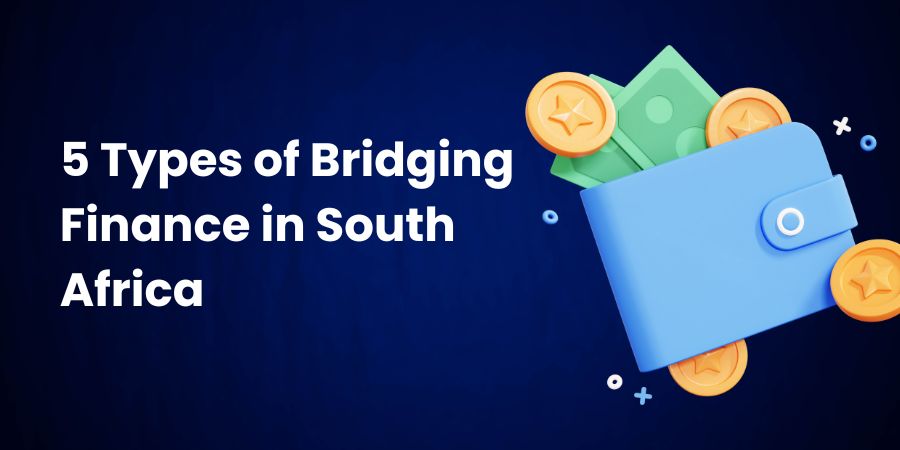Bridging finance is a short-term loan that can provide quick access to funds when you need them. This type of finance is often used to bridge the gap between the sale of one property and the purchase of another. In South Africa, there are five types of bridging finance available, each with its own unique features and benefits. Learn more about these options and how they can help you meet your financial needs.
1. Pension Bridging Finance
Pension bridging finance is a type of bridging finance that allows individuals to access a portion of their pension fund before it is paid out. This can be useful for those who need quick access to funds for a variety of reasons, such as paying off debt or covering unexpected expenses. The amount that can be borrowed is typically based on the value of the individual’s pension fund, and the loan is repaid once the individual receives their pension payout. It’s important to note that there are certain eligibility requirements for pension bridging finance, and individuals should carefully consider the potential impact on their retirement savings before taking out this type of loan.
2. Property Bridging Finance
Property bridging finance is a type of short-term loan that is used to bridge the gap between the purchase of a new property and the sale of an existing property. This type of finance can be useful for individuals who need to access funds quickly in order to secure a new property, but are still waiting for the sale of their existing property to go through. The loan is typically secured against the existing property, and is repaid once the sale of the property is complete. It’s important to note that property bridging finance can be expensive, and individuals should carefully consider the potential costs before taking out this type of loan.
3. Business Bridging Finance
Business bridging finance is a type of short-term loan that is used to bridge the gap between the need for funds and the availability of those funds. This type of finance can be useful for businesses that need to access funds quickly in order to take advantage of a business opportunity or to cover unexpected expenses. The loan is typically secured against the assets of the business, and is repaid once the business has access to the necessary funds. It’s important to note that business bridging finance can be expensive, and businesses should carefully consider the potential costs before taking out this type of loan.
4. Legal Bridging Finance
Legal bridging finance is a type of bridging finance that is specifically designed for attorneys and law firms. This type of finance can be used to cover the costs of legal cases, such as court fees, expert witness fees, and other expenses. Legal bridging finance is typically secured against the expected settlement or judgment in the case, and is repaid once the case is resolved. It’s important to note that legal bridging finance can be expensive, and attorneys and law firms should carefully consider the potential costs before taking out this type of loan.
5. Road Accident Fund Bridging Finance
Road Accident Fund (RAF) bridging finance is a type of bridging finance that is specifically designed for individuals who have been involved in a road accident and are waiting for their RAF claim to be settled. This type of finance can be used to cover medical expenses, loss of income, and other expenses related to the accident. RAF bridging finance is typically secured against the expected settlement from the RAF, and is repaid once the claim is settled. It’s important to note that RAF bridging finance can be expensive, and individuals should carefully consider the potential costs before taking out this type of loan.

